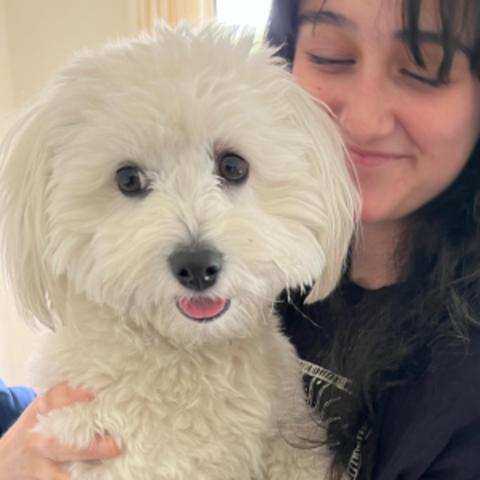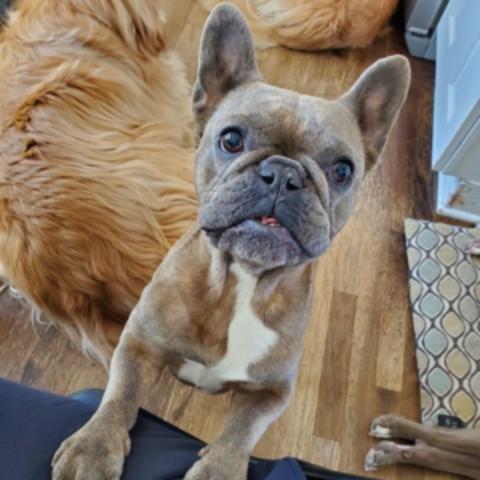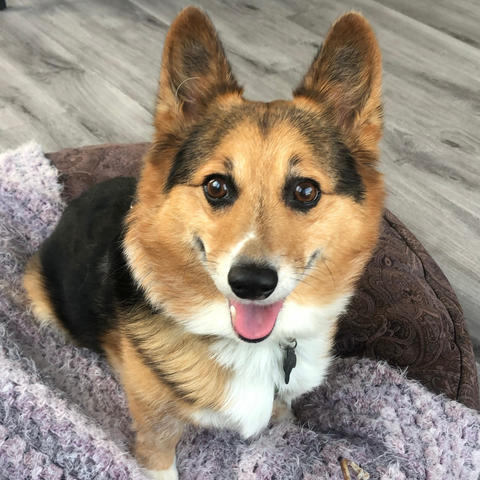Internal Medicine - Small Animal
Veterinary Internal Medicine encompasses the disciplines of endocrinology, gastroenterology, hematology, immunology, infectious disease, nephrology/urology, and respiratory disease. In addition, many patients suspected of having cancer are first evaluated by the internal medicine service.
Services
Diagnostic services commonly provided through internal medicine include:
- Video endoscopy (including: rhinoscopy, gastro-duodenoscopy, bronchoscopy, proctoscopy/ colonoscopy, cystoscopy, vaginoscopy)
- Diagnose and monitor endocrine conditions (including: adrenal, thyroid, parathyroid, insulin and sex hormone evaluations, diabetes)
- Feeding tube placements
- Feline hyperthyroid treatment (I131)
- Bone marrow biopsies and aspirates
- Transtracheal / Endotracheal washes
- Cerebrospinal Fluid (CSF) taps
- Imaging procedures: abdominal or thoracic ultrasound; Advanced Imaging Procedures, such as Computed Tomography (CT), Magnetic Resonance Imaging (MRI) and Nuclear Scintigraphy (i.e.: detection of Portosystemic Shunts)
- Urological procedures, including: lithotripsy, voiding hydropropulsion
What to expect
We ask that all pertinent information about your pet’s health be sent to us prior to your appointment. Relevant records and lab work may be sent via fax or email. If radiographs or other images have been taken, please bring a copy of those to the appointment (originals will be returned to your referring veterinarian). If your clinic utilizes digital imaging, we would prefer to have the original DICOM images. Please bring all medications your pet is currently receiving with you.
Our cases are managed with a team-based approach. Your pet will be examined by a senior veterinary student and they will listen to your concerns. The students then report their findings and develop a treatment plan with the faculty clinician who is board certified in Small Animal Internal Medicine. Your attending clinician will then meet with you to verify the history and your concerns, perform their own examination of your pet, discuss a diagnostic and therapeutic plan with you, estimate costs, and answer any further questions that you may have.
Appointments are longer than typically seen in private practice, usually two to three hours. This is due to the teaching process involved. However, most of our clients tell us that the quality of care is worth the extra time. We may be collecting blood and urine from your pet for testing at the time of this initial consultation. Please make sure that your pet has fasted 8-12 hours before his/her appointment. Additionally, because we may be collecting urine as well, please do not allow your pet to void on the way into the hospital.
Team
News
Give back to the VMC
Gifts drive discovery, expand access to services, and bring expert care to the thousands of companion animals we serve each year.


